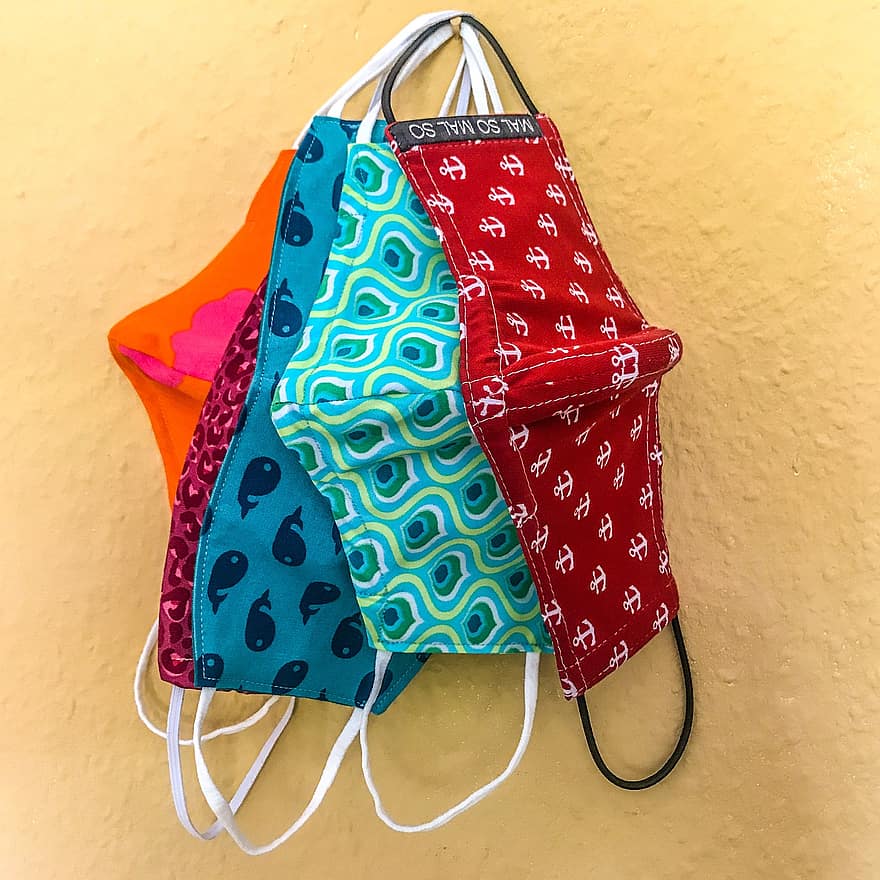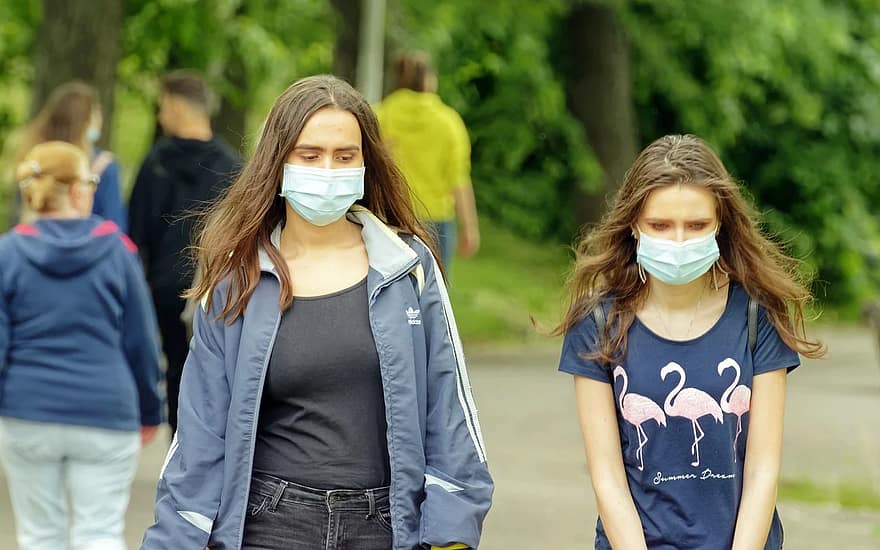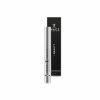Do Face Masks Work? – Although the rules may differ slightly around the UK, we have to face up to the fact that face masks and face coverings are going to be unavoidable, but do they really work?
Cloth face coverings, even homemade masks made with the correct material, are effective in reducing the spread of COVID-19 – for the wearer and those around them – according to a new study published from Oxford’s Leverhulme Centre for Demographic Science.
The report investigates the effectiveness of different face mask types and coverings.
Professor Melinda Mills, Director of the Leverhulme Centre says, ‘The evidence is clear that people should wear masks to reduce virus transmission and protect themselves, with most countries recommending the public to wear them.’
The Oxford study shows that just days after the WHO announced the pandemic in mid-March, many countries (some 70) immediately recommended mask-wearing. That number grew to more than 120 countries.
Most require mask-wearing everywhere in public. Asian countries with previous experiences of the SARS’ outbreak saw early and virtually universal mask usage.
The study’s key findings are:
- Cloth face coverings are effective in protecting the wearer and those around them.
- Behavioural factors, including how people understand the virus and their perceptions of risk, trust in experts and government, can adversely affect mask wearing.
- Face masks are part of ‘policy packages’ that need to be seen together with other measures such as social distancing and hand hygiene.
- Clear and consistent policies and public messaging are key to the adoption of wearing face masks and coverings by the general public.
- Around the world, the study finds, ‘Next to hand washing and social distancing, face masks and coverings are one of the most of widely adopted non-pharmaceutical interventions for reducing the transmission of respiratory infections.’
But, the study shows, some coverings are not as effective as others. Loosely woven fabrics, such as scarves have been shown to be the least effective.
‘Attention must also be placed on how well it fits on the face; it should loop around the ears or around the back of the neck for better coverage,’ Professor Mills says. ‘The general public does not need to wear surgical masks or respirators. We find that masks made from high-quality material such as high-grade cotton, multiple layers and particularly hybrid constructions are effective. For instance, combining cotton and silk or flannel provide over 95% filtration, so wearing a mask can protect others.’
Women Talking have found an easy guide for making your own face covering. Please be sure your face covering covers your mouth and nose while allowing you to breathe comfortably.

Face Mask Tips
What to remember before putting on and taking off your facemask:
- Clean your hands before you put it on and take it off.
- Make sure it fits snugly so there aren’t any gaps between the material and your face.
How to Clean your Face Mask
Cleaning your facemask doesn’t have to be complicated. To avoid contamination your mask must be washed EVERY time after use. This can be done via your washing machine or by hand using a detergent. Hand washing may prolong the longevity of your mask, although you may find your washing machine more convenient.
Be sure to remove any filter in your mask before washing it and try to have the water as hot as possible. Although the hot water does help to kill microbes, the detergent breaks down the fatty capsule of the virus, allowing it to be washed away.
Since even the simplest of cotton masks tend to have some sort of elastic band, if you are using a washing machine, it’s best to wash them in a protective laundry bag separately from other clothes.
For drying purposes air-drying it in the sun is a great option, though machine drying works just as well.
Poppy Watt


